How Does The Digestive System Help The Body Maintain Homeostasis
How does the digestive system help the body maintain homeostasis. An individual simply urinates and defecates the toxins and other nasty things from the blood restoring homeostasis to the human body. The endocrine and nervous systems help detect changes in either the internal or the external environment and respond to those changes. How does the digestive system help maintain homeostasis.
The key point on how does the digestive system maintain homeostasis. It works with the endocrine system by carrying hormones. Matter moves into the body and continues down a conveyor beltlike chain of organs that break it down completely before it leaves the body.
In addition by maintaining the correct enzyme ratio the digestive system nurtures beneficial bacteria that inhibit disease and produce biological substances the. The circulatory system works with the respiratory system to exchange carbon dioxide and oxygen. Blood helps maintain homeostasis by.
How does the urinary system work with the digestive system to maintain homeostasis. We will also be telling you how cancer affects the digestive system and its ability to maintain homeostasis. Digestive System By breaking down food into a chemical form that can be absorbed by the body.
GetApp helps more than 18 million businesses find the best software for their needs. So it is up to the digestive system to have complex processes in place that help maintain homeostasis at various levels in the body. Digestive System Click card to see definition The food that we eat provides energy.
Your digestive system is quite complex and so many factors come in to help digest food and get essential nutrients required for repair of any damage to the walls of digestive system. They not only break down food so the nutrients can be absorbed they produce vitamins like biotin and vitamin K and guard against harmful bacteria that enter the system. The human body controls homeostasis on a diversity of extents.
These tubes are connected to your blood vessels and digestive system. The energy helps to keep our body stable.
The bacterial flora in the intestines are essential to homeostasis in the body.
Matter moves into the body and continues down a conveyor beltlike chain of organs that break it down completely before it leaves the body. Digestion Digestion is the process a body uses to turn food into a usable source of energy. It works with the endocrine system by carrying hormones. In addition by maintaining the correct enzyme ratio the digestive system nurtures beneficial bacteria that inhibit disease and produce biological substances the. Enzymes help break down foods. The immune response plays an important role in maintaining homeostasis by preparing the body to fight off infection and to help the healing process. An individual simply urinates and defecates the toxins and other nasty things from the blood restoring homeostasis to the human body. We will also be telling you how cancer affects the digestive system and its ability to maintain homeostasis. This state of internal equilibrium is called homeostasis and it comes as a result of coordinating the efforts of the bodys organ systems.
They not only break down food so the nutrients can be absorbed they produce vitamins like biotin and vitamin K and guard against harmful bacteria that enter the system. How do the body systems maintain homeostasis. The body maintains homeostasis by eliminating these substances through the urinary and digestive systems. The urinary system works as a filter removing toxins and wastes from your body through urine. Digestive System Click card to see definition The food that we eat provides energy. Homeostasis makes you hungry when you dont have enough energy therefore making your tummy rumble wanting more food energy. The key point on how does the digestive system maintain homeostasis.
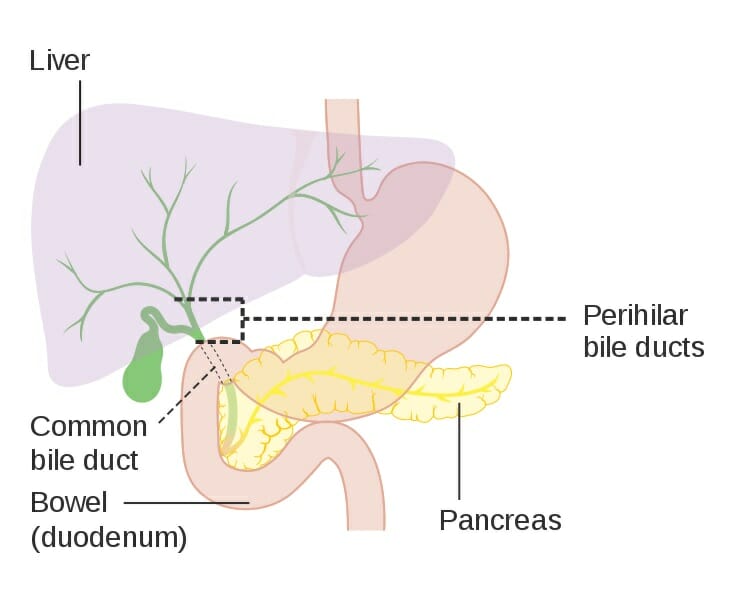
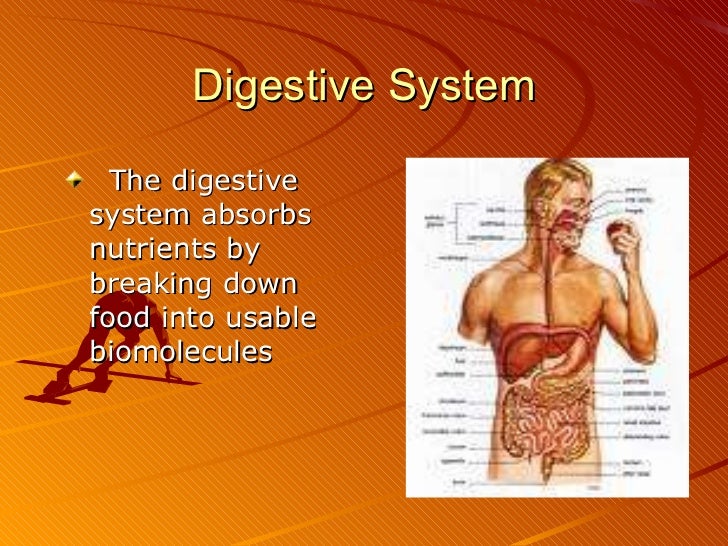
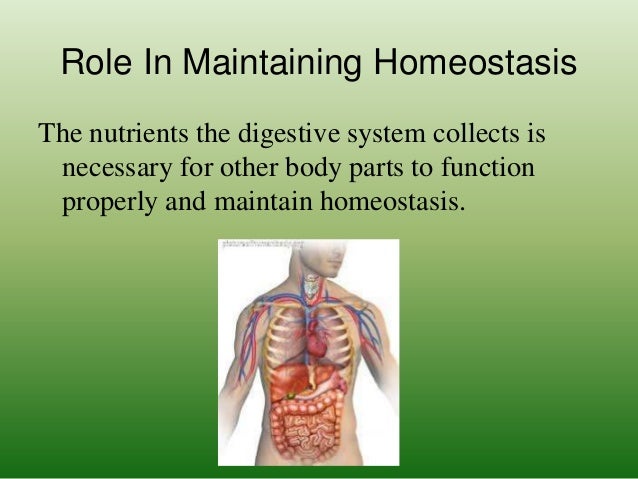

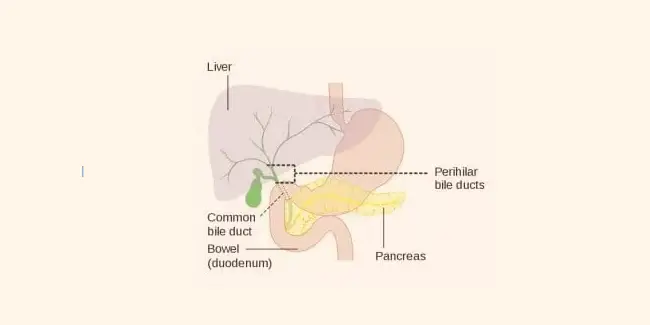
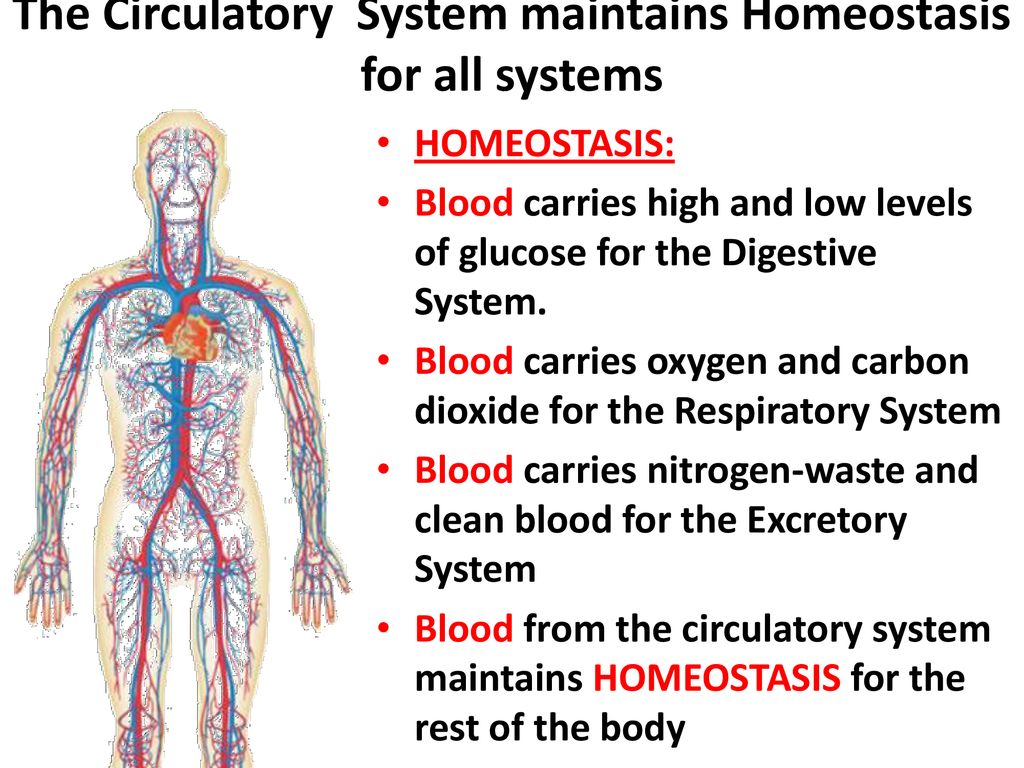
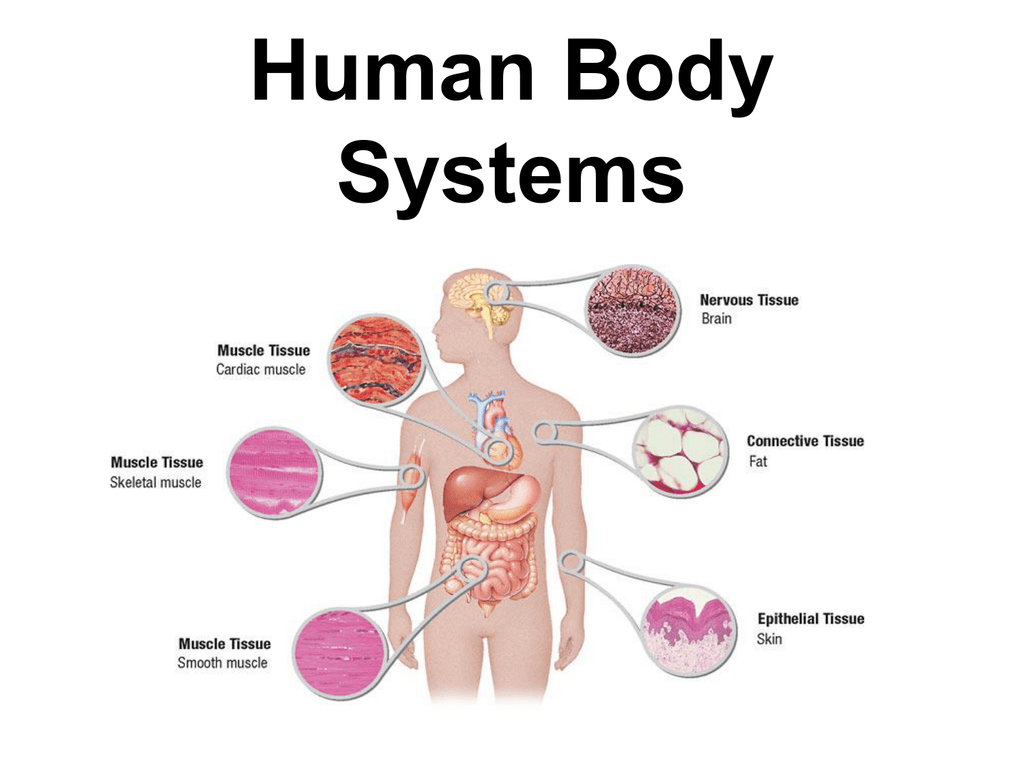

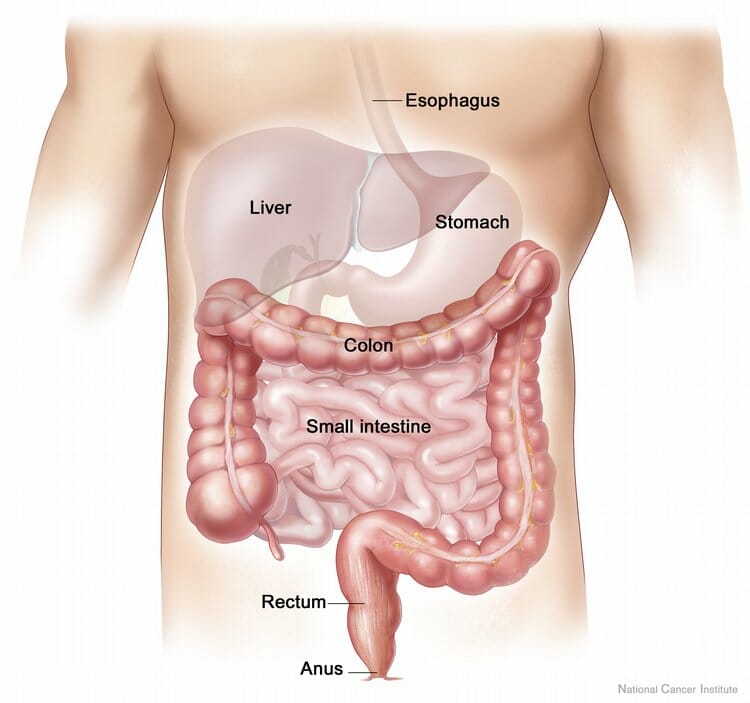

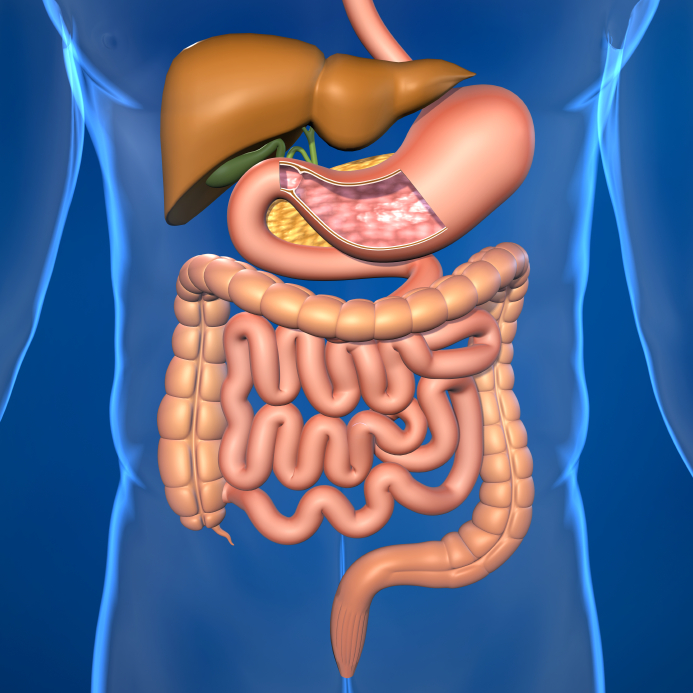

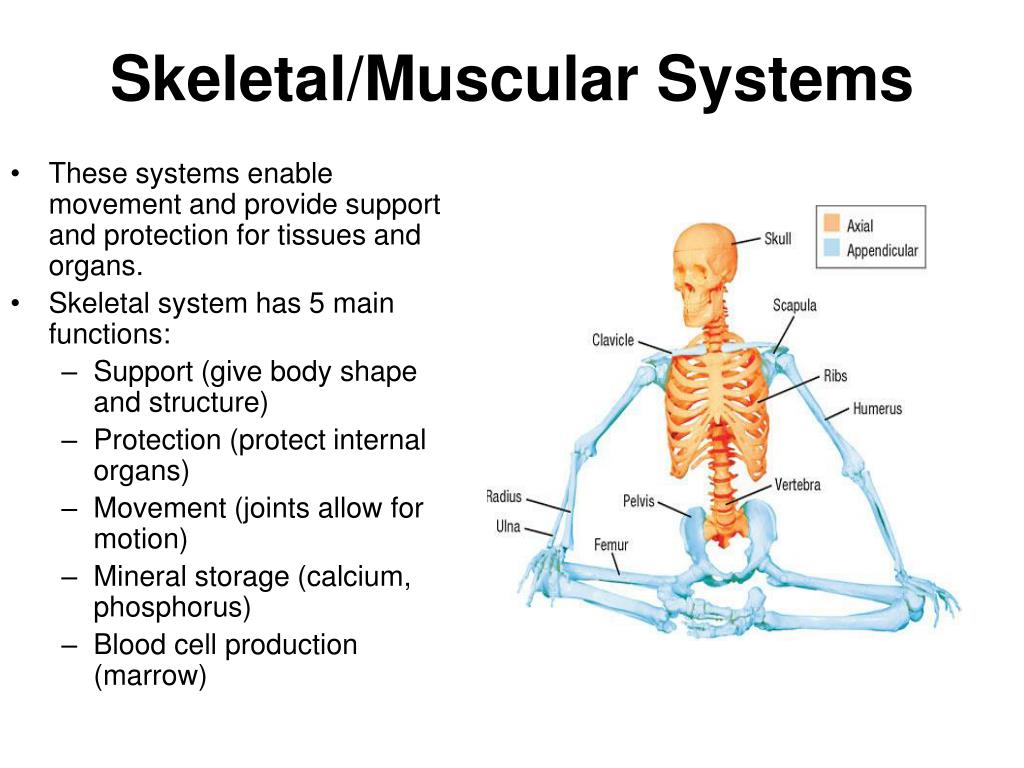
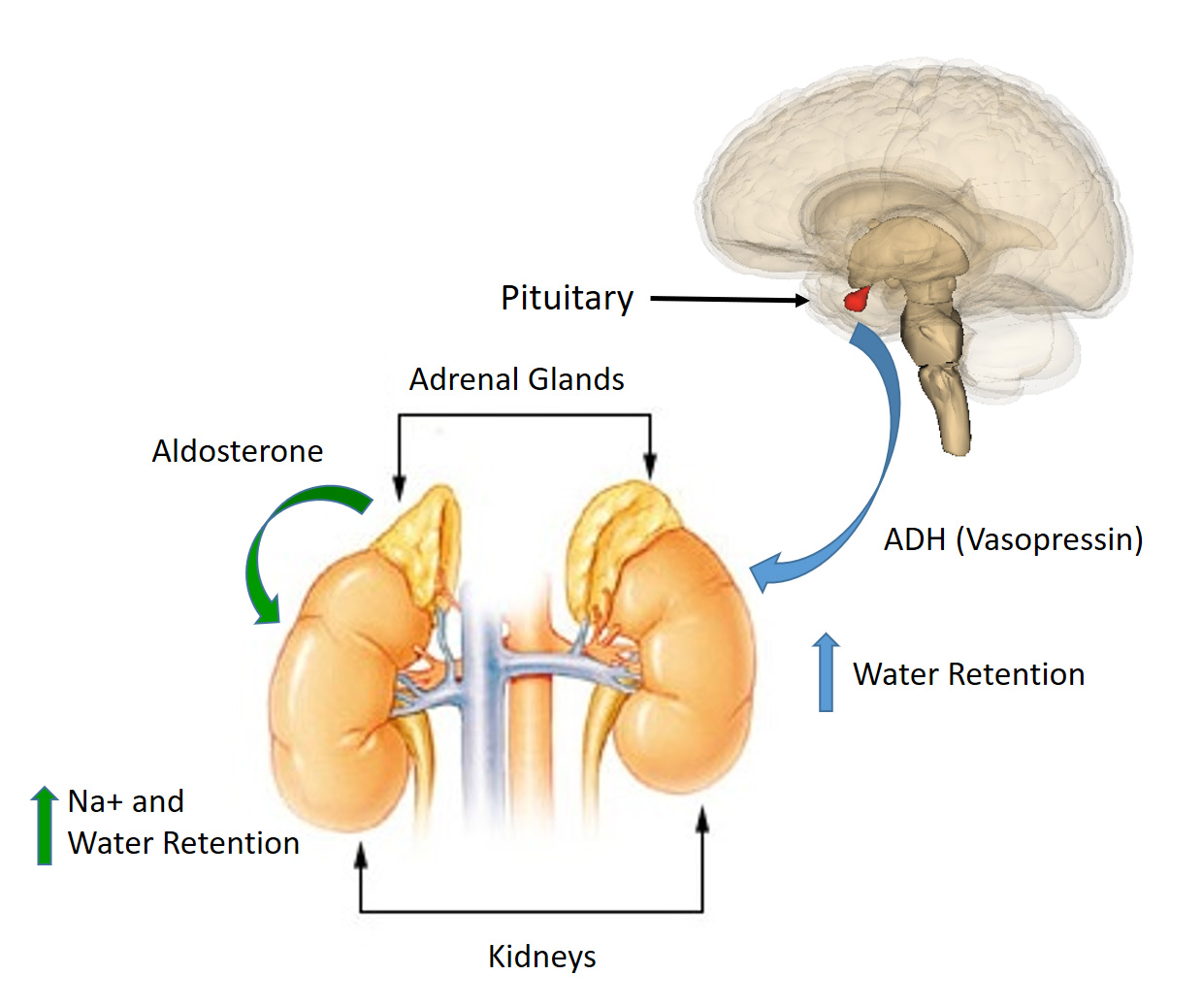


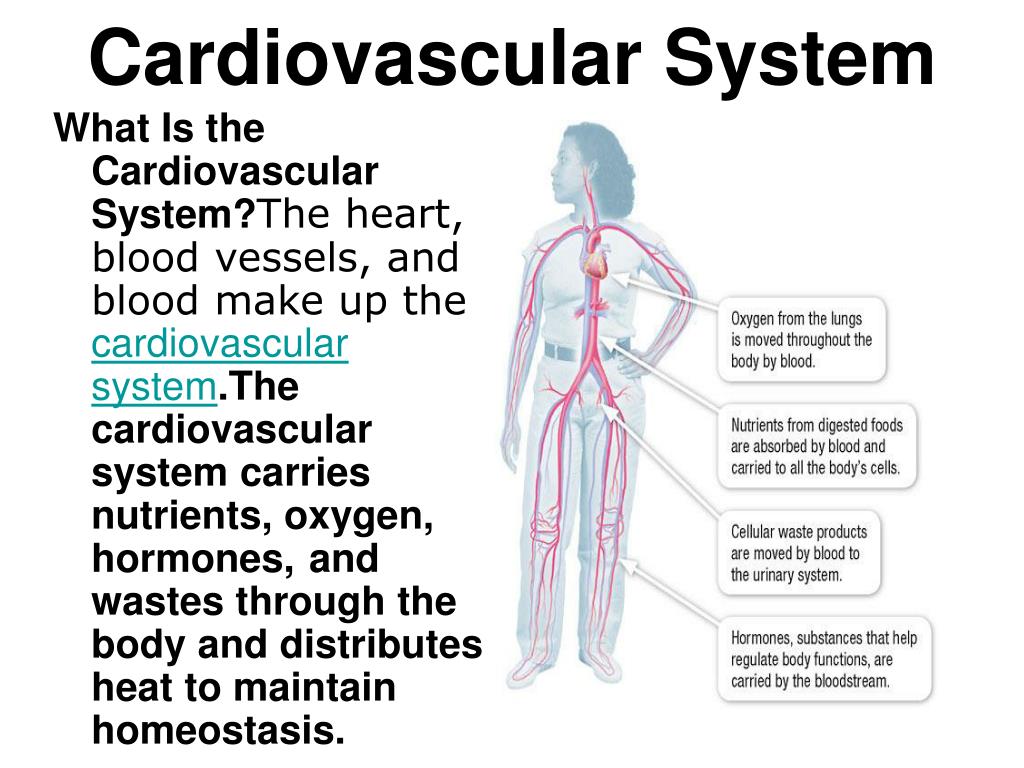


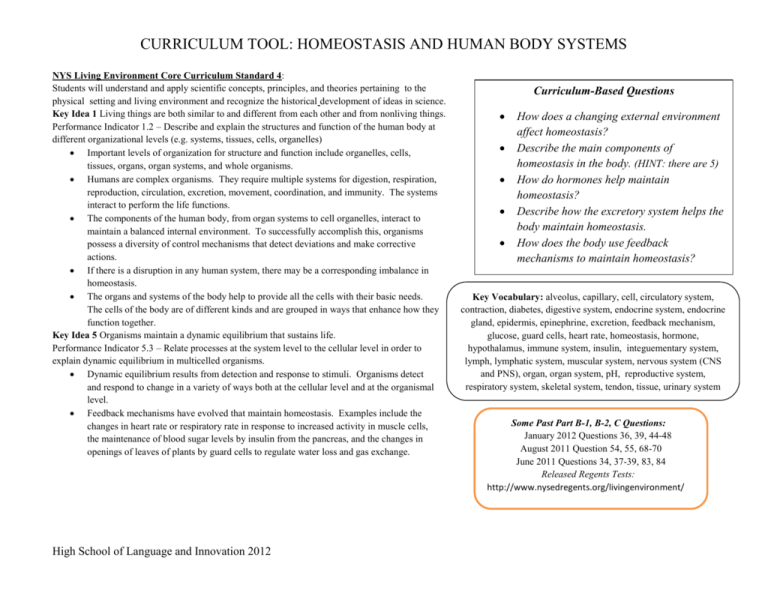
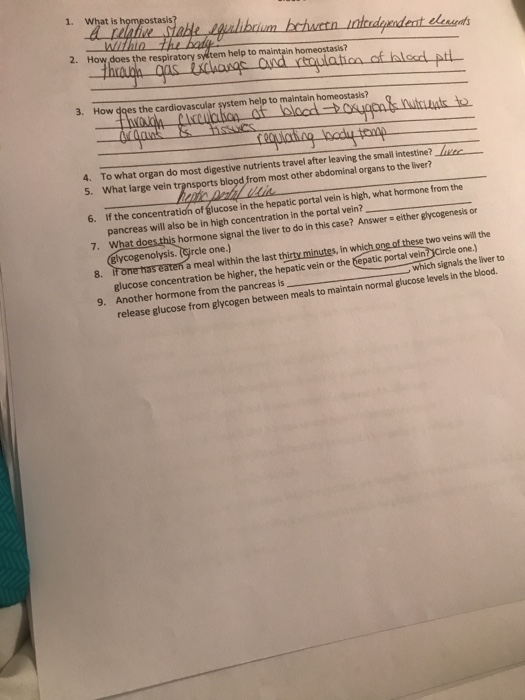



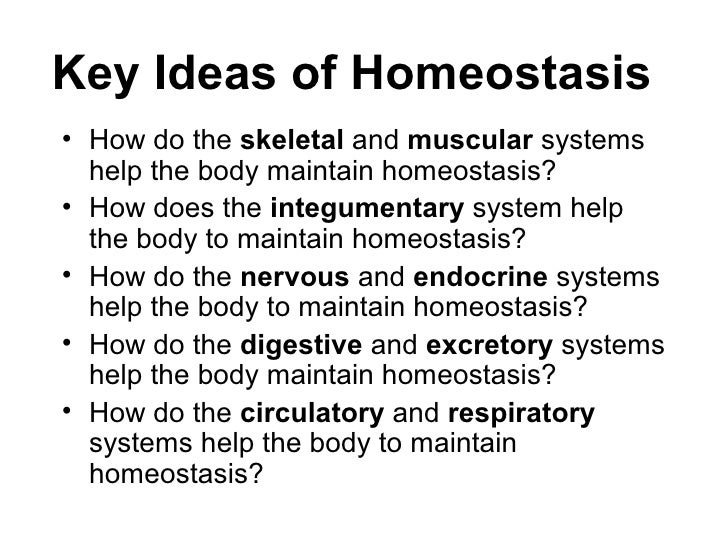

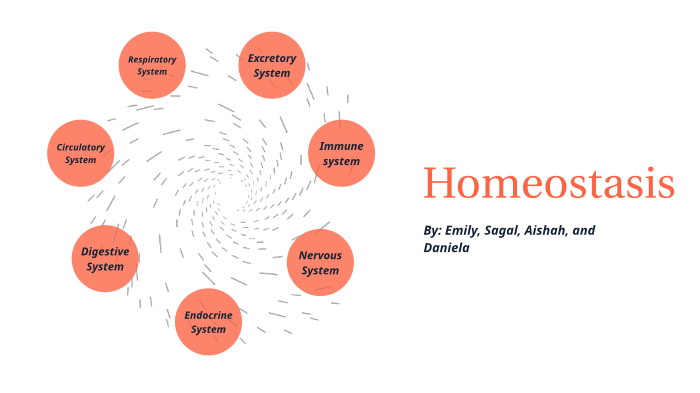
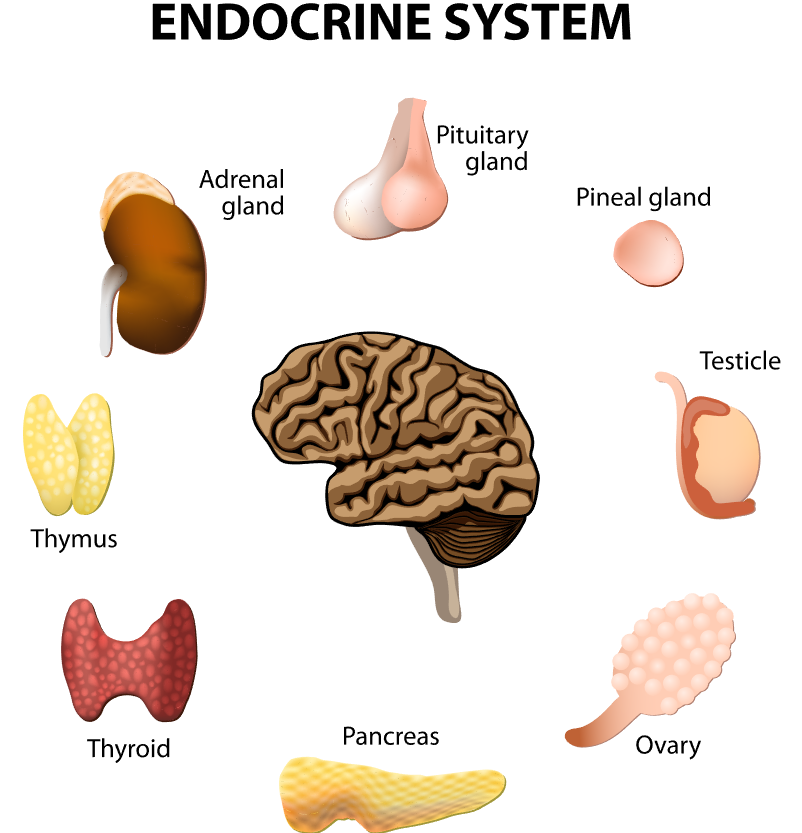

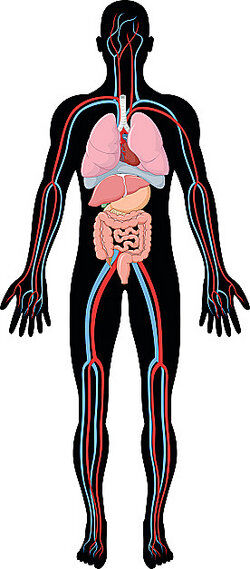







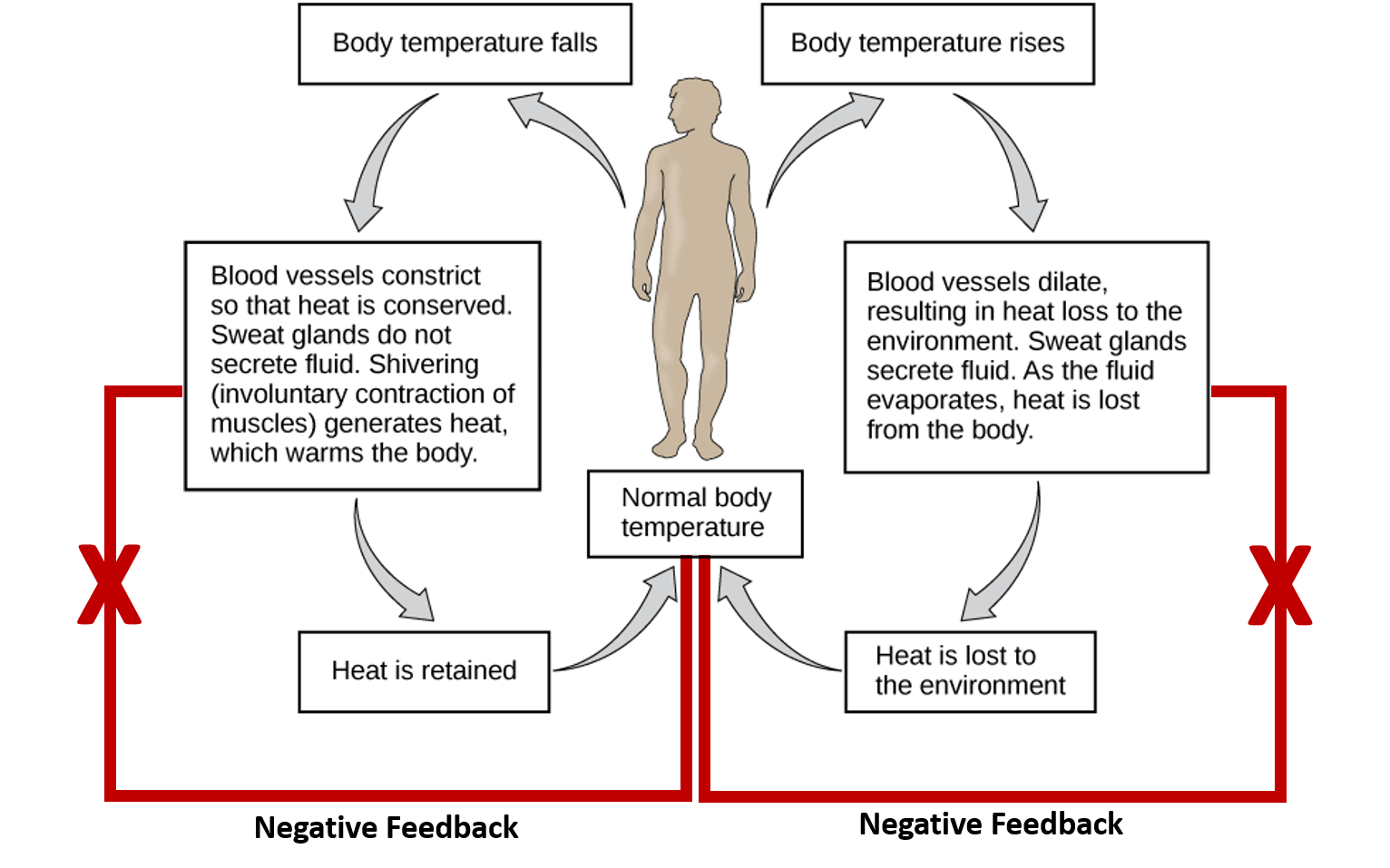
Post a Comment for "How Does The Digestive System Help The Body Maintain Homeostasis"